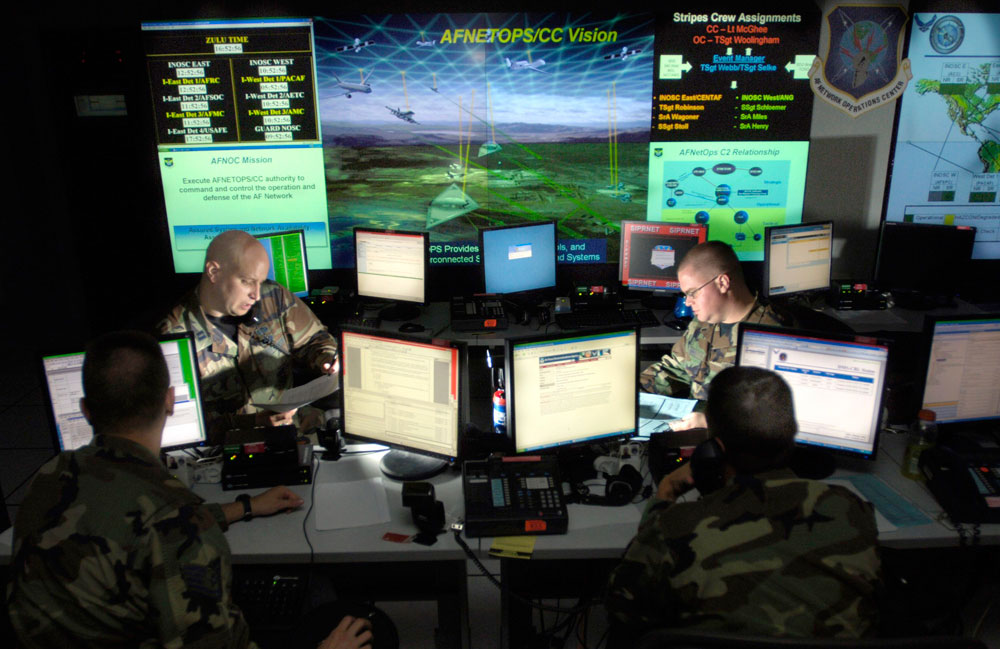The TPM faculty is starting a cyber security and cyber warfare course in September, a course compulsory for all of the faculty’s ICT MSc students.
Cyber space battlefield, cyber warfare and cyber soldiers: these seem like pretty harsh terms in an academic setting like TU Delft. “That is also what my colleagues told me. Such language sounded too hostile to them,” says the initiator of the cyber security and cyber warfare course, ICT expert Dr Jan van den Berg (TPM faculty). “But that was until about half a year ago.”
Due to internet security scandals, like the DigiNotar scandal (DigiNotar provided secured certificates for the government and was as hacked by an Iranian) and the discovery of the Stuxnet computer worm, a malware that spies on and subverts industrial systems (and which attacked industrial systems in Iran), people are starting to realize that the web poses serious security threats. Van den Berg: “Wars are fought on different territories now. Not only on land, in water, air or space, but also in cyber space. The time is ripe now for this course.”
During the course, which is also – it must be said – largely about securing companies and other civil organizations, students will learn about all kinds of technological aspects of network security. And they will be given lectures on legal and ethical issues.
“The goal of the course is not to produce cyber soldiers,” says Van den Berg, “but we will be collaborating with the Ministry of Defense, among others.”
Hans Folmer, a colonel responsible for task force cyber at the Ministry of Defense, says he is enthusiastic about the course. His organization is in great need of ‘cyber professionals’. “We need hackers – ethical hackers that is – but also scientists who are good at analyzing things. With us, they are allowed to do things they are not permitted to do anywhere else.”
This need for personnel will only increase in the near future, as the ministry invests 50 million euros over the next four years in the development of a cyber security command centre, or, as Folmer puts it, “to develop cyber capabilities to be incorporated in a cyber unit”.
Indirectly, Van den Berg is also involved with this command centre. He is supervising a soldier whose task it is to develop a simulation environment – which will be part of the cyber command – with which the effects of attacks on military infrastructures can be simulated.



Comments are closed.